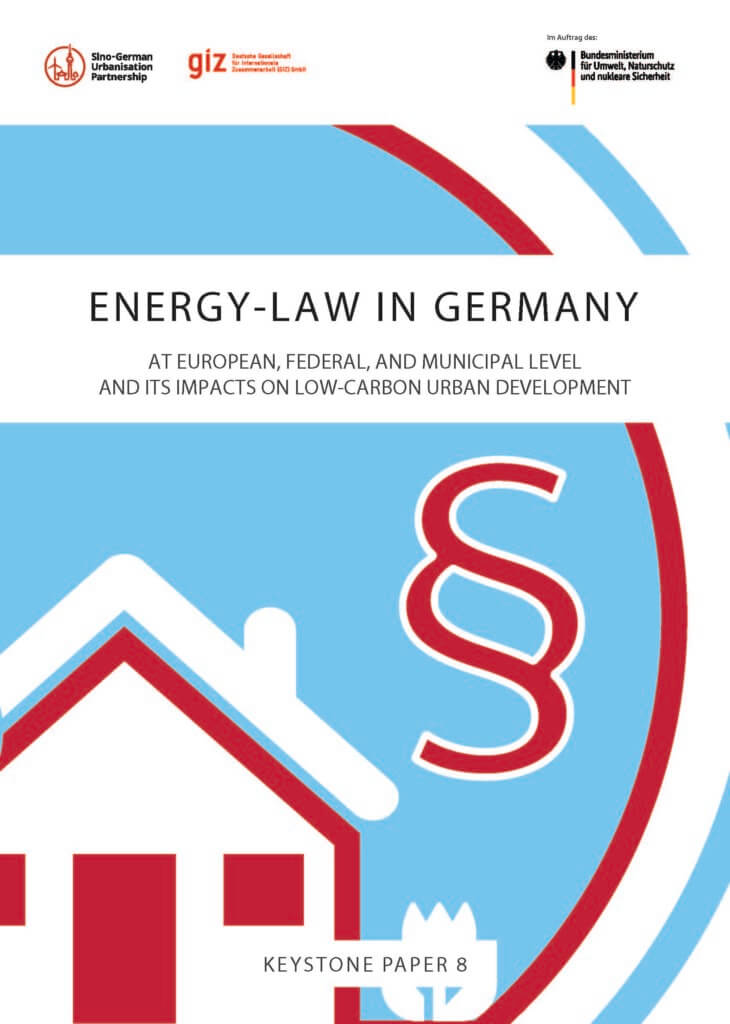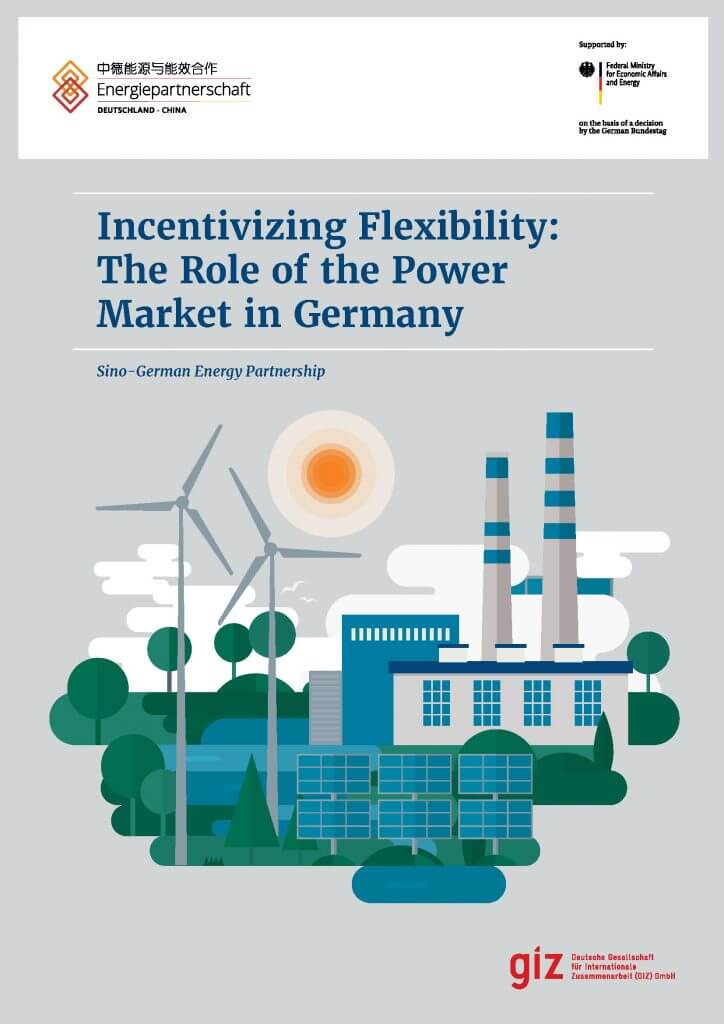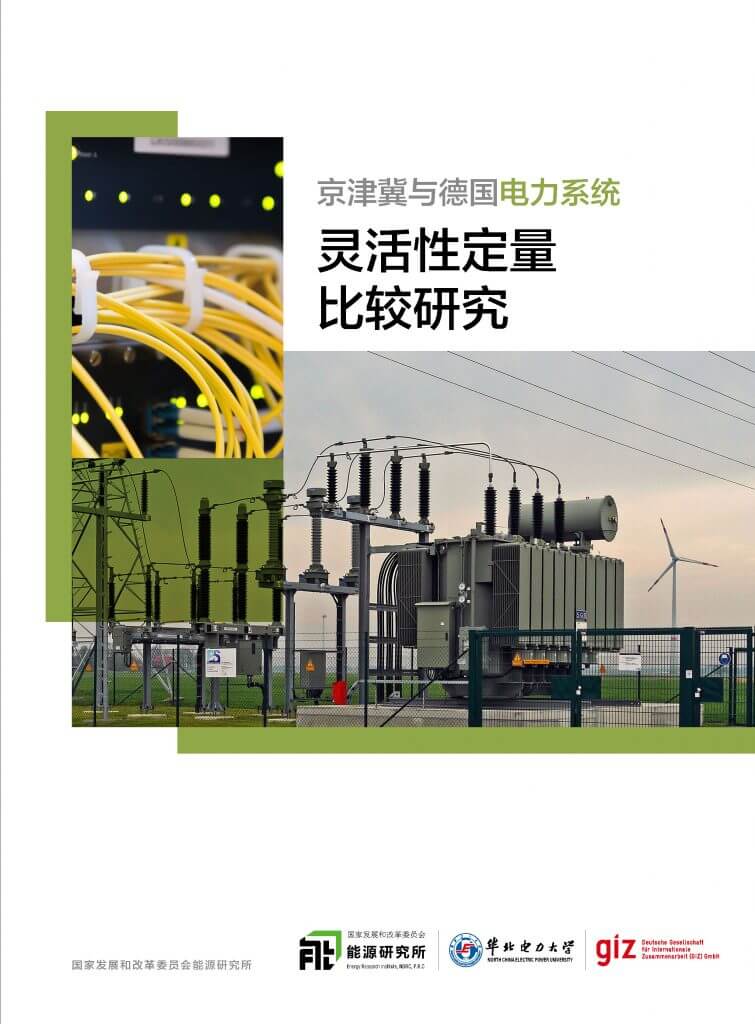Energy-Law in Germany

Energy-Law in Germany at European, Federal, and Municipal Level and its Impacts on Low-Carbon Urban Development This document is part of ten keystone papers looking at current emerging topics in the building and city sector, focusing on energy efficiency and resilience. The keystone papers were developed within the framework of the Sino-German Urbanisation Partnership as […]
Energy-Law in Germany (Chinese Version)

Energy-Law in Germany at European, Federal, and Municipal Level and its Impacts on Low-Carbon Urban Development This document is part of ten keystone papers looking at current emerging topics in the building and city sector, focusing on energy efficiency and resilience. The keystone papers were developed within the framework of the Sino-German Urbanisation Partnership as […]
Incentivizing Flexibility: The Role of the Power Market in Germany

Within its climate protection plan, Germany aims to reduce its greenhouse gas emissions by 55% by 2030 and to achieve greenhouse gas neutrality by 2050 (in comparison to 1990’s levels). Whereas in 1990 only 3% of electricity consumption was covered by renewable energies, this share has risen to 44% in the first half of 2019. […]
A quantitative comparative study of power system flexibility between Jing-Jin-Ji and Germany

The report compared the flexibility of power system in Jing-Jin-Ji and Germany. The Sino-German Energy Transition project of GIZ and its phase I partner, Energy Research Institute of NDRC, together with North China Electric Power University jointly worked on this report. As renewable energy starts playing a more important role in the power system, it […]
